Now available at Pinnacle Performance & Nutrition is inspired nutraceuticals protein+ a blend of whey protein infused with collagen peptides, shelf stable probiotics & enzymes.
It has been long awaited for us in the land down under (Australia) along with the new Inspired Nutraceuticals DVST8 BBD Pre Workout.
We love inspired and are stoked to have their entire range available in store & online.
Now please check out the blog post provided by inspired themselves breaking down their Protein+.
What is Collagen?
Collagen is the most abundant protein in the body, making up 70% of our skin tissue and 30% of our body tissue. It’s found in muscles, bones, skin, cartilage, ligaments, and the lining around our organs.
Collagen’s reputation as being the “glue of the body” precedes itself because this paramount protein truly helps hold our bones and muscles together.
Types of Collagen
There are roughly 28 different varieties of collagen that exist, but 80-90% of collagen in the human body is predominately made up of type 1, 2, and 3 collagen.

Type 1 is the most abundant and strongest type of collagen found in the human body. It’s present in scar tissue, tendons, ligaments, bones, organs, teeth, skin, and arteries.
Type 2 supports joint and digestive health. It's the major component of cartilage, which is found in connective tissues. It’s also present in our gut lining and helps our digestive system run smoothly.
Type 3 is a delicate collagen present in reticular fibers that act as a mesh around your organs, arteries, and skin. It’s commonly found alongside type 1 collagen in the body.
Benefits of Collagen
Now that you understand the three fundamental types of collagen, how can you benefit from adding it into your daily regimen?
Well, many of us look at protein powders and think that’s all we need to properly recover from a workout, but there’s much more to it than that.
When you exercise, you’re actually causing micro-tears in the muscle fibers. Your body then repairs the muscle fibers and adapts them to grow back stronger (a process referred to as hypertrophy).
When we hear the word “collagen,” we usually think about our cartilage or connective tissues. The truth is, collagen plays a vital role in athletic performance, muscle building, and recovery from exercise.

Here’s what science says about collagen and how supplementation can help you reach your fitness goals:
1. Enhances Athletic Performance
A 24-week study performed by the Department of Nutrition and Sports Nutrition for Athletics at Penn State University found that athletes who supplemented with collagen hydrolysate had significant improvements in joint comfort.
This suggests that athletes taking collagen hydrolysate can reduce factors, such as joint pain, that negatively impact athletic performance.
2. Helps Build Muscle
In a 2015 study published in the British Journal of Nutrition, researchers looked at how collagen supplementation affected men with sarcopenia, also known as age-related muscle tissue loss.
The men were split into two groups: one group received collagen peptides and the other group received a placebo over the course of 3 months.
They discovered that the men who took collagen supplementation had a significant decrease in fat and significant increase in fat-free mass (muscle tissue).
3. Increases Fat Loss
Arginine, one of the many amino acids found in collagen, may help boost your metabolism.
A study published in the American Journal of of Physiology looked at the effects of arginine supplementation in 33 obese patients suffering from type 2 diabetes.
All patients were put on a low-calorie diet and exercise regimen for 21 days. The patients were split into two groups: one group received l-arginine supplementation and the other group received a placebo.
Both groups experienced weight loss, but when compared to the placebo group, the l-arginine group showed a much more outstanding reduction in fat loss and decrease in waist size.
Notably, in the l-arginine group, 100% of the weight loss was all fat and no muscle loss. These results are pretty impressive when compared to the placebo group who lost 57% fat and 43% muscle.
4. Supports Muscle Injury Recovery
In a study published in Europe PMC, researchers observed the rates of collagen protein production for 3 weeks after muscle rupture. In other words, they wanted to understand the demand for collagen after an injury.
During the first week, researchers found that there was a high production of type 3 collagen. This finding reflects type 3 collagen’s role in the healing process and development of plasticity and flexibility of the connective tissue.
The demand for type 1 collagen occurred later during the healing process, which helped increase the strength of the newly formed muscle tissue.
With this being said, the data suggests that collagen may help with wound healing and overall recovery from exercise, given the fact that exercise elicits micro-trauma in the muscle (as previously discussed).
5. Improves Cardiovascular Health
Proline is another amino acid that is found in collagen that helps minimize fat accumulation in your arteries and controls blood pressure. It also helps form collagen, which may be beneficial for reducing the risk of developing arteriosclerosis (hardening of the arteries).
Additionally, arginine (one of the truly remarkable amino acids mentioned earlier) stimulates nitric oxide production, which increases blood circulation and vasodilation (blood flow). Nitric oxide (NO) plays a critical role in supporting mitochondrial respiration, meaning it helps elicit oxygen to the mitochondria (energy powerhouse) so that you can exercise harder and faster.
In one particular study, subjects with congestive heart failure were given 9g of l-arginine daily for 7 days, and endured three exercise tests. The results demonstrated that the administration of l-arginine prolonged exercise duration, which may be caused by NO-induced vasodilation.
6. Reduces Joint Pain
A growing body of research implies that collagen supplementation is an effective treatment for those suffering from osteoarthritis and other joint disorders.
In fact, a study conducted on patients suffering from severe rheumatoid arthritis found that type 2 collagen supplementation helped reduce the number of swollen and tender joints.
What are Collagen Peptides?
Collagen peptides (also known as collagen hydrolysate) have the same amino acid profile as collagen, except they’ve undergone hydrolysis—a fancy way of describing the process of breaking down the amino acids into shorter chains of proteins.
Due to their shorter chain length and lighter molecular weight, collagen peptides are easily digestible and highly bioavailable, meaning your body can better absorb them.
Collagen peptides can also be dissolved in cold or hot water, making them the perfect addition for Protein+.

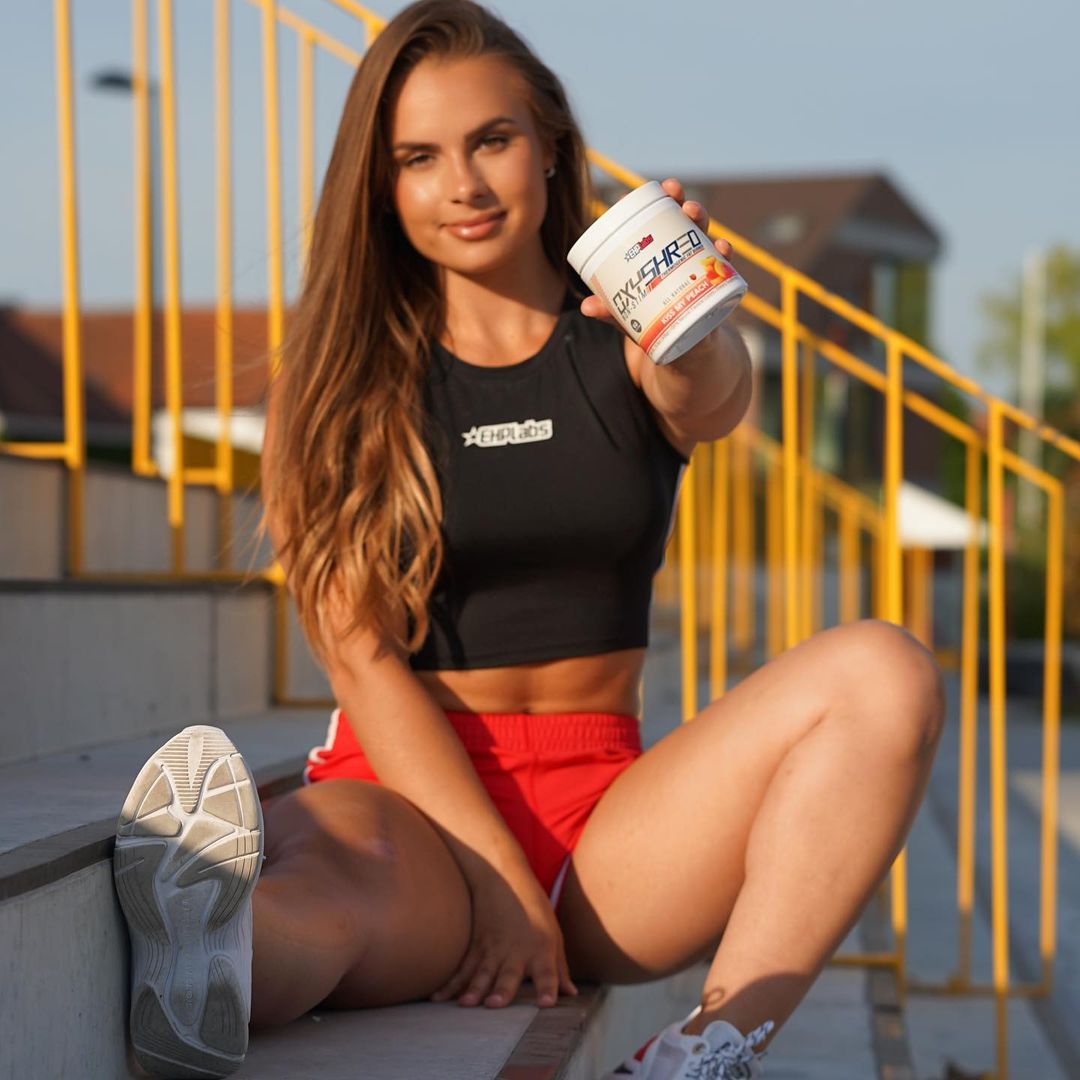
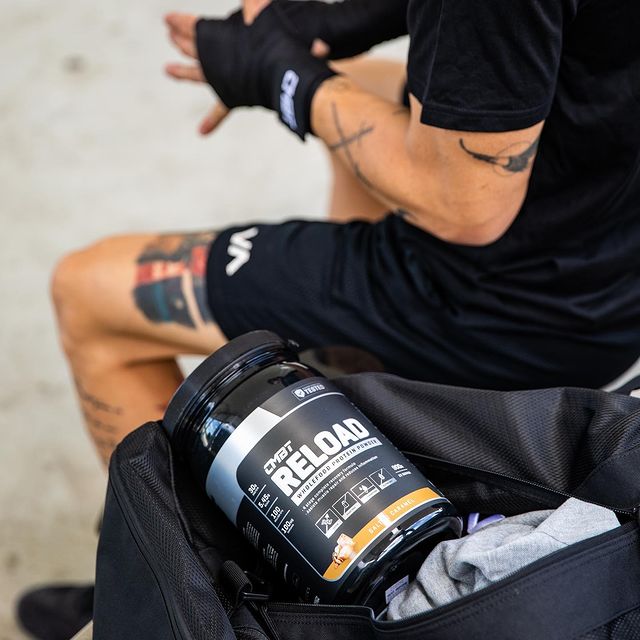
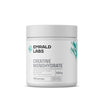
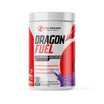
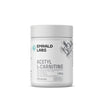
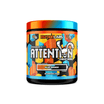
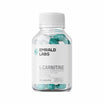
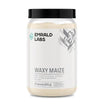
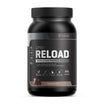
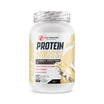
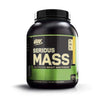
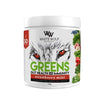
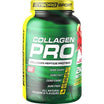
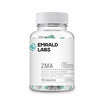
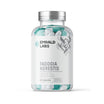

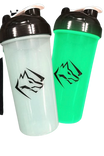

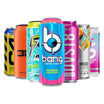

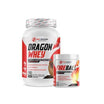
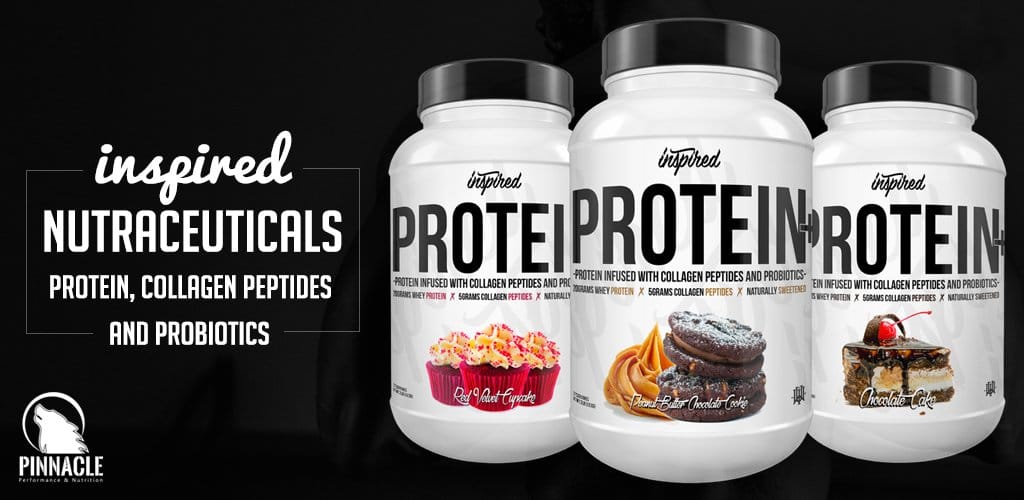


2 comments
amizuteox
http://mewkid.net/when-is-xuxlya2/ – Buy Amoxicillin Online Amoxil ibm.cewb.pinnacleperformanceandnutrition.com.au.gcw.ze http://mewkid.net/when-is-xuxlya2/
epaewizutik
http://mewkid.net/when-is-xuxlya2/ – Buy Amoxicillin Online Buy Amoxicillin pah.cioe.pinnacleperformanceandnutrition.com.au.bye.vv http://mewkid.net/when-is-xuxlya2/
Leave a comment
This site is protected by hCaptcha and the hCaptcha Privacy Policy and Terms of Service apply.